Welcome to the Walhout Lab
The Structure, Function and Evolution of Biological Networks
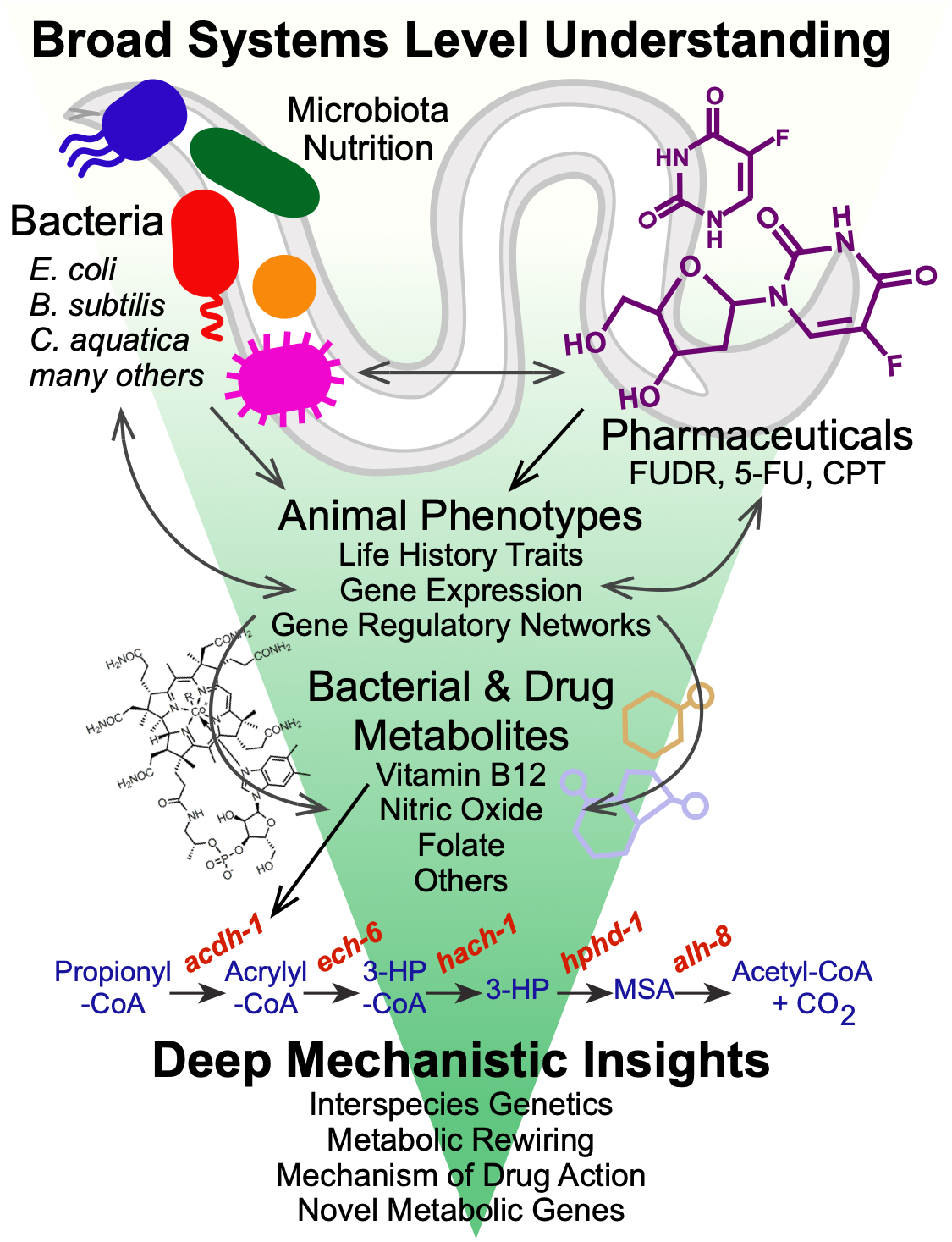 In the Walhout lab we aim to understand how biological networks are organized, how their organization enables function, and how these networks evolve. Our main focus is on the gene regulatory networks that control proper gene expression, and on metabolic networks that provide building blocks and energy to support organism development, growth, wound healing, homeostasis, and response to nutritional, environmental and therapeutic inputs. We are particularly interested in the communication between metabolic and gene regulatory networks to ask important questions that navigate both broad systems-level as well as deep mechanistic biological processes. We mainly use the roundworm Caenorhabditis elegans as a model system. Worms are highly adaptable, easy to manipulate, and have many analogs in human genetics. Furthermore, there are many genetic tools and worm-specific techniques that are not available for studying “higher” eukaryotes. Overall, our research involves three broad areas in systems biology:
In the Walhout lab we aim to understand how biological networks are organized, how their organization enables function, and how these networks evolve. Our main focus is on the gene regulatory networks that control proper gene expression, and on metabolic networks that provide building blocks and energy to support organism development, growth, wound healing, homeostasis, and response to nutritional, environmental and therapeutic inputs. We are particularly interested in the communication between metabolic and gene regulatory networks to ask important questions that navigate both broad systems-level as well as deep mechanistic biological processes. We mainly use the roundworm Caenorhabditis elegans as a model system. Worms are highly adaptable, easy to manipulate, and have many analogs in human genetics. Furthermore, there are many genetic tools and worm-specific techniques that are not available for studying “higher” eukaryotes. Overall, our research involves three broad areas in systems biology:
Recent News
-
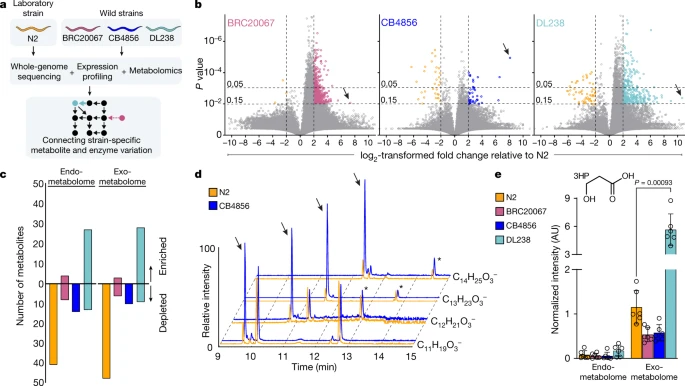 Jul 7, 2022Read more
Jul 7, 2022Read more -
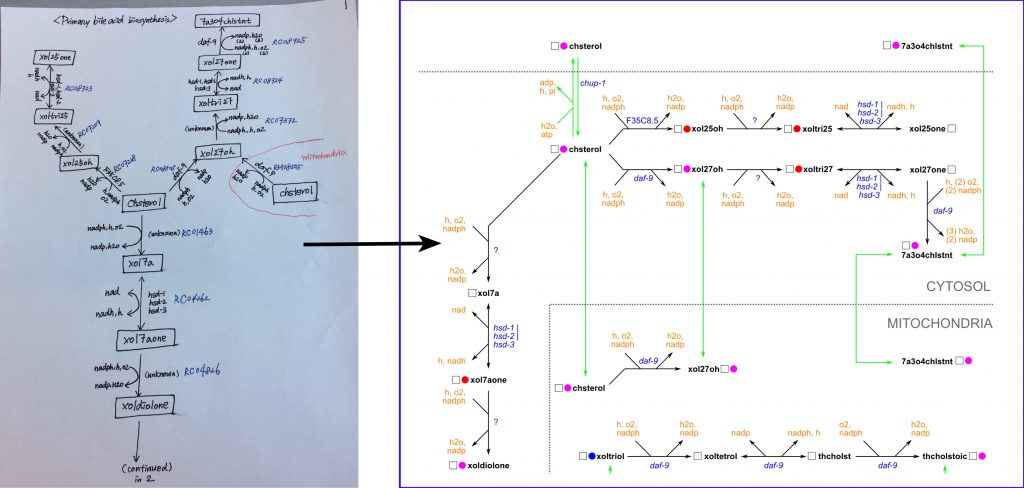 Jul 2, 2021
Jul 2, 2021Working together during the COVID-19 pandemic, a silver lining in a trying time
Read more
Recent Publications
-

A bacterial pathogen induces developmental slowing by high reactive oxygen species and mitochondrial dysfunction in Caenorhabditis elegans
Read more -
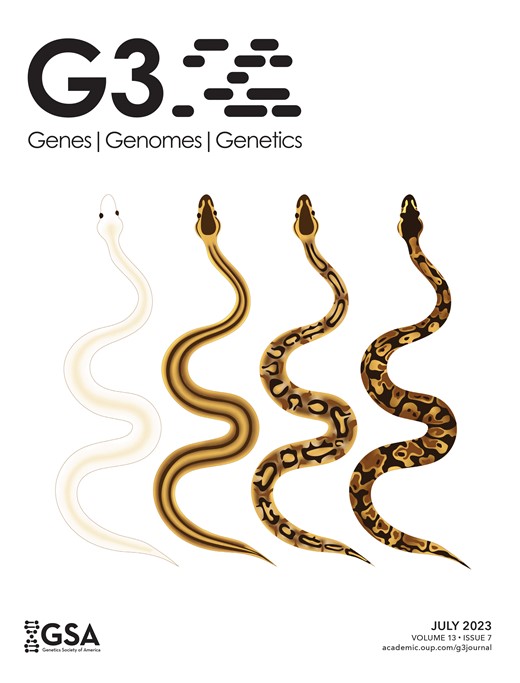
A transcriptional cofactor regulatory network for the C. elegans intestine.
Read more
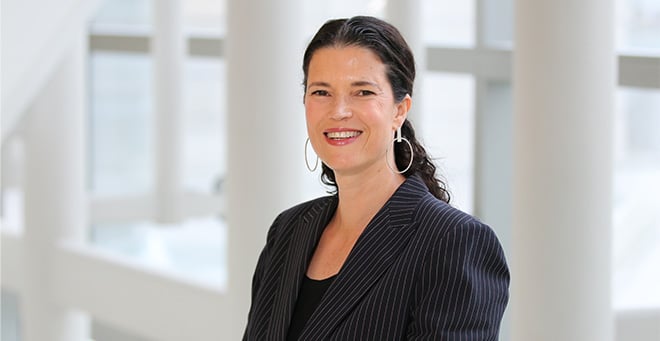
Marian Walhout, Ph.D.
Chair - Department of Systems Biology
The Maroun Semaan Chair in Biomedical Research
University of Massachusetts Chan Medical School
Albert Sherman Center, Room 5.1051
386 Plantation St.
Worcester, MA 01605
E-mail: Marian Walhout
Lynn NeJaime, Assistant to Dr. Walhout
Albert Sherman Center, Room 5.1053
Phone: 508-856-3601
Fax: 508-856-2105
Lab Phone: 508-856-4367


News/Events
-
October, 2023
Dr. Yuzhi Chen joined our group as a Postdoctoral Fellow. Welcome Yuzhi!
-
September, 2023
Zeynep Mirza , a former graduate student in our lab, has successfully completed her Ph.D. and will now continue her scientific journey with us as a Postdoctoral Fellow.
-
August, 2023
Dr. Tanatcha Sanguanphun joined the group as a post-doc. Welcome Tanatcha!
-
July, 2023
Congratulations to Shivani Nanda for successfully defending her Ph.D. thesis, "A Systems-Level Study of Transcriptional Regulation of C. elegans Metabolism," and earning her doctoral degree!
-
February, 2023
Brent Horowitz successfully defended his Ph.D. thesis and graduated. Congrats Dr. Horowitz!
-
September, 2022
Asya Litvak joins the Walhout Lab as an intern.
-
June, 2022
Alyxandra Starbard joins the Walhout Lab as a Research Lab Tech.
-
May, 2022
Daniel Richards joins the Walhout Lab as a Research Associate.
